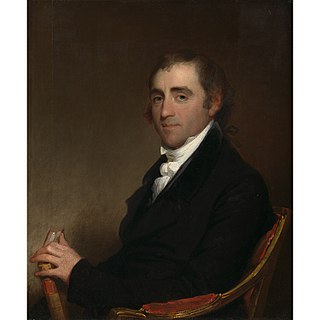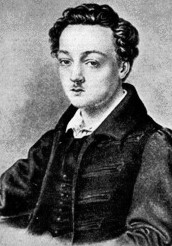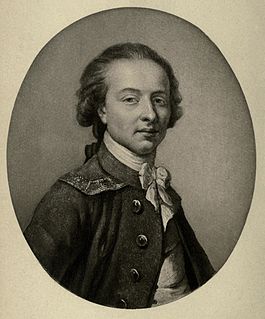A Quote by Thomas Jefferson
An elective despotism was not the government we fought for.
Quote Topics
Related Quotes
An elective despotism was not the government we fought for, but one which should not only be founded on true free principles, but in which the powers of government should be so divided and balanced among general bodies of magistracy, as that no one could transcend their legal limits without being effectually checked and restrained by the others.
It has been said that terror is the principle of despotic government. Does your government therefore resemble despotism? Yes, as the sword that gleams in the hands of the heroes of liberty resembles that with which the henchmen of tyranny are armed ... The government of the revolution is liberty's despotism against tyranny.
Socialism is the phantastic younger brother of despotism, which it wants to inherit. Socialism wants to have the fullness of state force which before only existed in despotism. ... However, it goes further than anything in the past because it aims at the formal destruction of the individual ... who ... can be used to improve communities by an expedient organ of government.
[O]ur sages in the great [constitutional] convention... intended our government should be a republic which differs more widely from a democracy than a democracy from a despotism. The rigours of a despotism often... oppress only a few, but it is the very essence and nature of a democracy, for a faction claiming to oppress a minority, and that minority the chief owners of the property and truest lovers of their country.
































